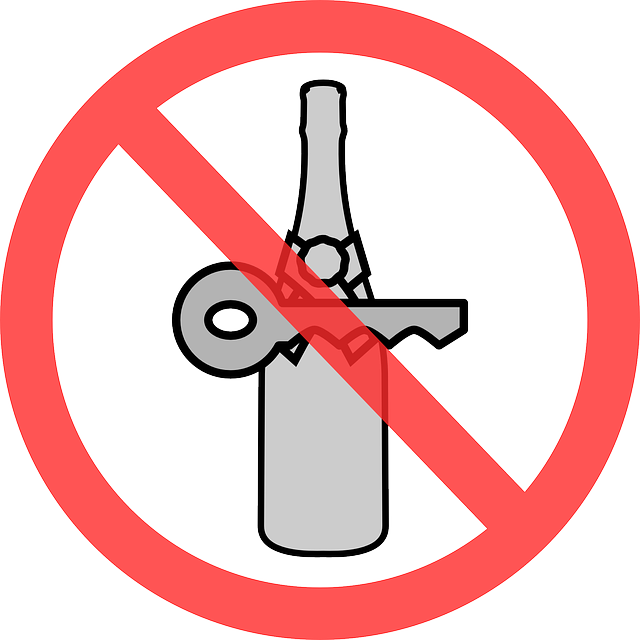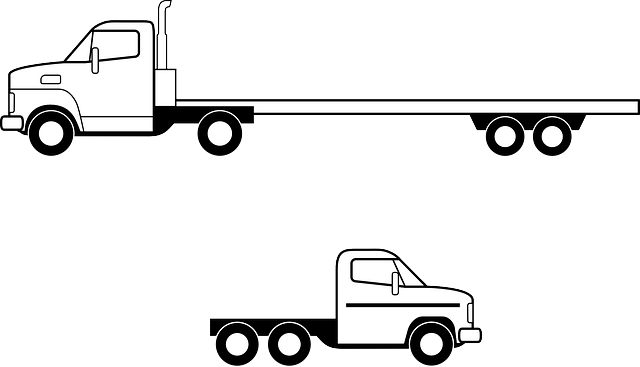The Federal Motor Carrier Safety Administration (FMCSA), a subsidiary of the Department of Transportation, plays a crucial role in setting regulations for truck drivers and the companies that employ them. While every motorist should remain alert and focused on the road, it becomes even more critical for the trucking industry and drivers due to the potential severity of accidents involving commercial vehicles. Recognizing this, the FMCSA takes impaired trucking companies' driver' alertness and sobriety extremely seriously.

Importance of Driver Alertness and Sobriety
In the pursuit of promoting safety on American roadways, the FMCSA conducts random drug and alcohol testing often on commercial drivers. The alarming reality is that even with these measures in place, a significant number of drivers continue to operate under the influence. According to the FMCSA's own data, in 2016 alone, there were 1,020 reported drug and alcohol violations during the random testing of inspections large commercial trucks. However, this number only represents a portion of tens of thousands of drivers who are potentially putting lives at risk by driving under the influence of drug and alcohol use.
Driver Error and Drug Use in Crashes
When it comes to truck accidents, driver error stands out as the most significant factor and common cause of truck accident. Shockingly, nearly half of these truck accidents involve drivers who have either prescription or over-the-counter drugs in their systems at the time of the crash. The correlation between drug use impaired truck drivers and accidents highlights the need for stricter enforcement and greater awareness regarding the dangers associated with impaired driving.

Pressures Faced by Truck Drivers
Truck drivers face immense pressure to make timely deliveries and adhere to strict schedules while transporting goods. Although the FMCSA has implemented mandatory breaks and shift caps to minimize the risks of inattentive driving, some commercial vehicle operators choose to ignore these regulations. These drivers may turn to illicit or prescription drugs to stay awake and alert during long shifts. Others may resort to substance use as a way to pass the time and alleviate boredom.
FMCSA Regulations and Drug Testing
To combat accidents caused by the presence of drugs and alcohol in truck drivers, federal regulations mandate random inspections and drug testing. These tests screen drivers for substances such as marijuana, cocaine, opioids, PCP, and amphetamines. If a truck driver ever tests positive for any of of these substances, they may face severe consequences, including the loss of their commercial driver's license (CDL). Despite these regulatory measures, there are still instances where many truck drivers continue to operate large vehicles while under the influence of drugs or alcohol, posing a significant risk to themselves and others on the road.

Effects of Drugs and Alcohol on Driving
The use of drugs and alcohol impairs a driver's ability to operate a commercial vehicle safely. It can lead to a range of negative effects impaired truck driver, including decreased reaction time, inattention to hazards, panic or overreaction to situations, altered problem-solving skills, diminished focus, and sluggishness or sleepiness. These issues are not limited to illicit drugs or alcohol; certain prescription medications can also impair a driver's capabilities behind the wheel large commercial truck. Medications that cause drowsiness, in particular, pose a significant danger to other drivers and road users.
Mandatory Drug Testing and Negligent Hiring
In the event of a fatal or serious truck accident, federal law requires commercial vehicle drivers involved in the accident to submit to drug testing. Additionally, trucking companies are obligated to conduct random drug tests and screenings on their commercial truck drivers and maintain detailed records of the test results. Failure to comply with these regulations or knowingly allowing truck accident claim of a driver who has tested positive for drugs back on the road can lead to allegations of negligent hiring on the part of the company.
Preventability and Legal Recourse
Accidents involving impaired drivers are often severe, and in some cases, even fatal. However, it is important to note that the majority of these serious accidents, are preventable. If a family member has suffered serious injuries or lost their life in an accident caused by an impaired driver, seeking legal assistance can help hold the negligent parties accountable. By pursuing legal recourse, you can aim to obtain the justice and compensation your family deserves for the pain, suffering personal injury, medical expenses and financial burdens resulting from the accident.

Conclusion
Truck drivers have a tremendous responsibility to operate their vehicles safely, given the potential risks associated with accidents involving commercial vehicles. The FMCSA's efforts to enforce regulations and conduct drug testing aim to ensure driver alertness and sobriety on American roadways. However, the persistent presence of impaired drivers highlights the need for increased awareness, random testing, stricter enforcement strict rules, and legal actions to hold negligent parties accountable.

FAQs
1. Can truck drivers be randomly tested for drugs and alcohol?
Yes, federal regulations require random drug testing for truck drivers to ensure public safety while on the road. Drivers can be tested for substances such as alcohol test illegal drugs such as marijuana, cocaine, opioids, PCP, and amphetamines.

2. What are the consequences if a truck driver tests positive for drugs?
If a truck driver tests positive for drugs, they may face the loss of their full commercial truck and driver's license (CDL) and potentially other legal penalties.
3. How do drugs and alcohol affect a driver's ability to operate a commercial vehicle?
Drugs and alcohol can impair a driver's reaction time, attention to hazards, decision-making skills, focus, and overall performance, increasing the likelihood of accidents.
4. What actions can be taken against trucking companies that negligently hire drivers with a history of drug use?
If a law firm or trucking company fails to conduct proper drug screenings or an insurance company or law firm knowingly hires truck drivers on drugs accident attorney with a history of drug use, they may be held accountable through legal action for negligent hiring and drug abuse.
5. What should I do if my family member has been involved in a truck accident caused by an impaired driver?
If your family member has been seriously injured or lost their life in a truck accident involving an impaired truck driver, it is crucial to seek legal assistance to explore your legal options for holding the truck accident or negligent parties responsible for personal injury and seeking justice.

